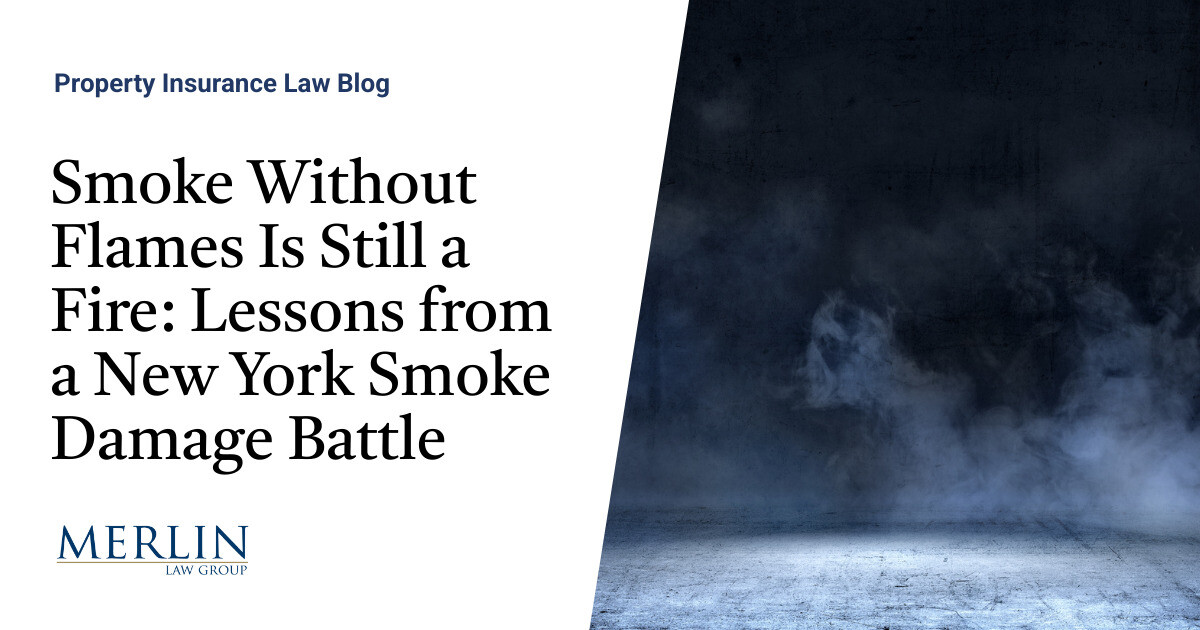
You’re probably not aware that what you do in your spare time can have a material impact on premiums you’ll pay for life insurance.Most people are well aware that personal health conditions and even certain occupations affect life insurance premiums.But, certain high-risk hobbies affect life insurance premiums as well.
If you have one of these high-risk hobbies, you don’t have to give it up to get affordable life insurance.But you do need to be aware of how it will affect your premium.And, just as important, you’ll need to make application for coverage with life insurance companies that take the most favorable view of your high-risk hobby.
As a life insurance broker, we have considerable experience with high-risk life insurance.The secret is knowing which companies are likely to offer the lowest premiums for your hobby of choice.Complete the Get a Free Life Insurance Quote box to the right of this article, and let us put our experience to work for you.
In the meantime, let’s take a look at the hobbies considered high risk by life insurance companies, and how they affect premiums.Let’s start by saying that not nearly all hobbies qualify as high risk.In fact, the majority present no risk whatsoever.
For example, if your hobby is yoga, sculpture, cooking, coin collecting, or anything of a similar nature, it will have no impact on your life insurance premiums at all.We also want to emphasize that a high-risk hobby is one you partake in on a regular basis.For example, if you went scuba diving on a trip to the Caribbean two years ago—and never did so before or since—that doesn’t qualify as a hobby.
At a minimum, a hobby is an activity you engage in on a regular basis, certainly, at least, several times per year.Below is a list of what is generally considered high-risk activities, though this certainly isn’t the entire range of possibilities: Common High-Risk Hobbies Skydiving Surfing Deep-sea diving Racing: Cars Motorcycles Boats Other moving vehicles Flying: either for personal enjoyment or as a profession, other than for a recognized commercial carrier Scuba diving Mountain climbing Parachuting Whitewater rafting Backcountry skiing Big-game hunting Martial arts Competitive boxing Rock climbing Competitive skiing Hang gliding Bungee jumping Even if you participate in any of these activities, the impact it has on your premium will be based on several different factors.For example, the insurance company will want to know specific details, such as how frequently you engage in the activity, where it takes place, the level of difficulty you take on, any certifications you have, or safety precautions you take, among other considerations.
When it comes to life insurance, insurance underwriters evaluate the risk you present as a customer; that is, any conditions you have or practices you participate in that have the potential to reduce your lifespan.Life insurance policies pay benefits upon your death, and any condition or activity likely to result in an early death means the policy may need to pay out sooner rather than later.Since the insurance company will have less time—potentially— for your premiums to accumulate for the payment of your death benefit, those premiums will be adjusted higher to reflect the anticipated shorter time span.
As enjoyable as high-risk hobbies may be, and as confident as you may be in your own ability to overcome the risks, they do carry an above-average possibility of early death.That’s the reason why life insurance companies charge higher premiums.One complication is if you regularly participate in more than one high-risk hobby.
For example, if you’re an avid skydiver who also participates in motorcycle racing and deep-sea diving, your hobbies will be a source of multiple risks.Still another complication is non-hobby-related risk factors.The most obvious are health-related conditions.
These can include diabetes, hypertension, experience with cancer, anxiety or depression, among other health conditions.Certain behavioral factors may also be considered, such as smoking or excessive alcohol consumption.Occupation can be another factor.
For example, police, firefighters, roofers, truck drivers, and even traveling salespeople are considered higher-risk occupations.This can also affect the premium you pay for life insurance, and can be an additional risk factor when combined with high-risk hobbies.Be Honest The first, best strategy is to be completely honest about the hobbies you participate in.
It’s better to disclose a high-risk hobby and pay a slightly higher premium than to omit it.Here’s why.If you participate in a high-risk hobby that was not disclosed on your life insurance application, and you die as a result of that hobby, the life insurance company can refuse to pay your death benefit.
You see, omitting a material fact from an application qualifies as insurance fraud.Let’s say you die in a skydiving accident.The life insurance company can—and quite possibly will—conduct an investigation.
If they determine you have a history of skydiving that was not disclosed on your life insurance application, they could refuse to pay the death benefit due to a material misstatement on your application.The most an insurance company may do in that case is return the premiums paid on your policy over the years to your beneficiaries.But, the death benefit will be forfeited.
Still another possibility is the insurance company discovering the omission while you are still alive.If they do, they can cancel your policy.If it happens at an inopportune time in life, such as after a major health-related event, you will need to find a new policy that will be either much more expensive or unavailable due to the extent of your condition.
Work with a Life Insurance Broker This is a mission-critical strategy anytime you have any significant risk factors that may affect either your life insurance approval or the premium you pay.Whether it’s a health condition, a dangerous occupation, or a high-risk hobby, it’s important to make application only with the insurance companies likely to view your situation in its most positive light.Making direct application with a life insurance company—even and especially one that advertises the lowest premiums—can be a major mistake.
What most consumers don’t understand is that the lowest life insurance premiums advertised are for people who present little or no risk to the insurance company.If you have a risk factor, including a high-risk hobby, you may find your premium much higher than what the company quotes upfront.It’s even possible that you’ll be declined, since the companies that charge the lowest premiums tend to ensure only those least likely to file a claim.
That’s why it’s important to work with a life insurance broker, which is exactly what we are.We work with dozens of different life insurance companies, and have years of experience matching consumers with the company most likely to a) approve their application, b) take the most accommodating position on any risk factors they have, and c) charge the lowest premium.So, if you’re in the market for life insurance, you’ll need to look beyond your health and even your occupation, and consider your hobbies.
If any are commonly viewed as high risk in the insurance industry, they can impact your life insurance premium.And if so, working with a life insurance broker will be your single best strategy.Once again, complete the Get a Free Life Insurance Quote box to the right of this article, and let us get you the best life insurance policy for the lowest possible premium.
*While we make every effort to keep our site updated, please be aware that "timely" information on this page, such as quote estimates, or pertinent details about companies, may only be accurate as of its last edit day.Huntley Wealth & Insurance Services and its representatives do not give legal or tax advice.Please consult your own legal or tax adviser.
Publisher: Insurance Blog by Chris








